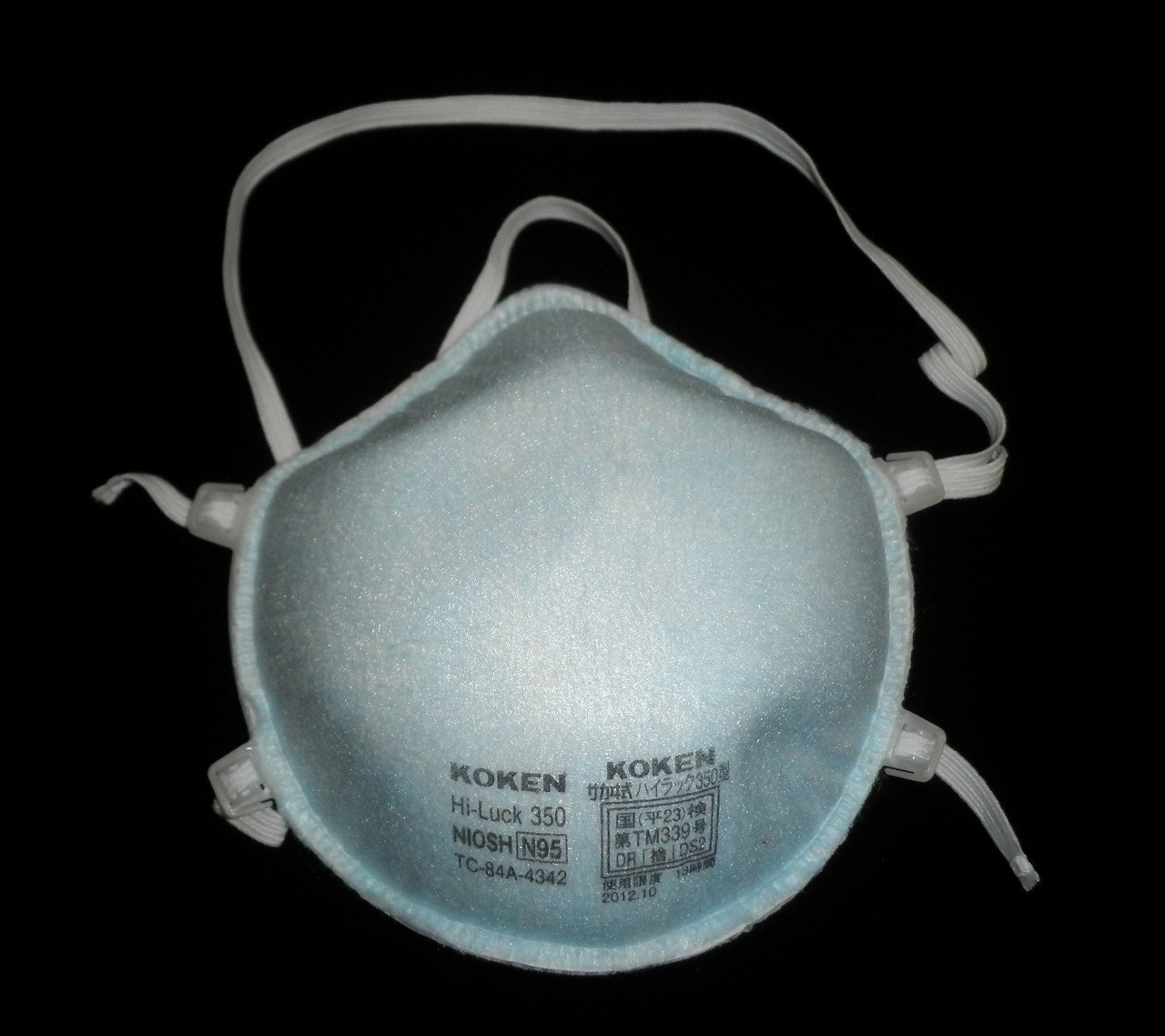
Dylan Griswold leads a study on how health workers in trauma surgery in low and middle-income countries can best protect themselves against Covid.
How can healthcare workers in low- and middle-income countries protect themselves from Covid-19 contamination if resources to fund PPE are limited?
A new study, led by Gates Cambridge Scholar Dylan Griswold, shows which PPE is the most protective for those working in emergency trauma surgery and how it can safely be reused.
The report reviewed 18 studies and found that the use of N95 respirators and surgical masks are associated with a drastically reduced risk of Covid-19 when compared with no mask use. In moderate- to high-risk environments, N95 respirators are associated with a further reduction in risk of Covid-19 infection compared with surgical masks. The N95 respirator is a respiratory protective device designed to achieve a very close facial fit and very efficient filtration of airborne particles.
The review found that eye protection also reduced the risk of infection and that, in settings with PPE shortages, decontamination of masks and respirators with ultraviolet germicidal irradiation, vaporous hydrogen peroxide or dry heat was effective and did not affect PPE performance or fit, meaning PPE could be reused safely.
A separate study, co-authored by Dylan Griswold, discusses the importance of better trauma data collection in Latin America. Based on a consensus conference of regional trauma experts, it called on academic bodies, scientific societies and ministries of health to encourage a culture of collection and use of health data in trauma and set out a series of recommendations on how to do this.
Latin America, Central Africa, and South Asia have a particularly high death and disability rates due to social violence and road traffic incidents, but in many countries there is a lack of good data on which to base interventions.
Several LA countries have implemented trauma registries and injury surveillance systems. However, the region lacks an integrated trauma system. The consensus conference’s goal was to integrate existing LA trauma data collection efforts into a regional trauma programme and encourage the use of the data to inform health policy.
Dylan [2019], is doing his PhD in Clinical Neurosciences, focused on developing best-practice guidelines for neurotrauma in low-resource settings.
*Picture credit: Wikimedia commons












